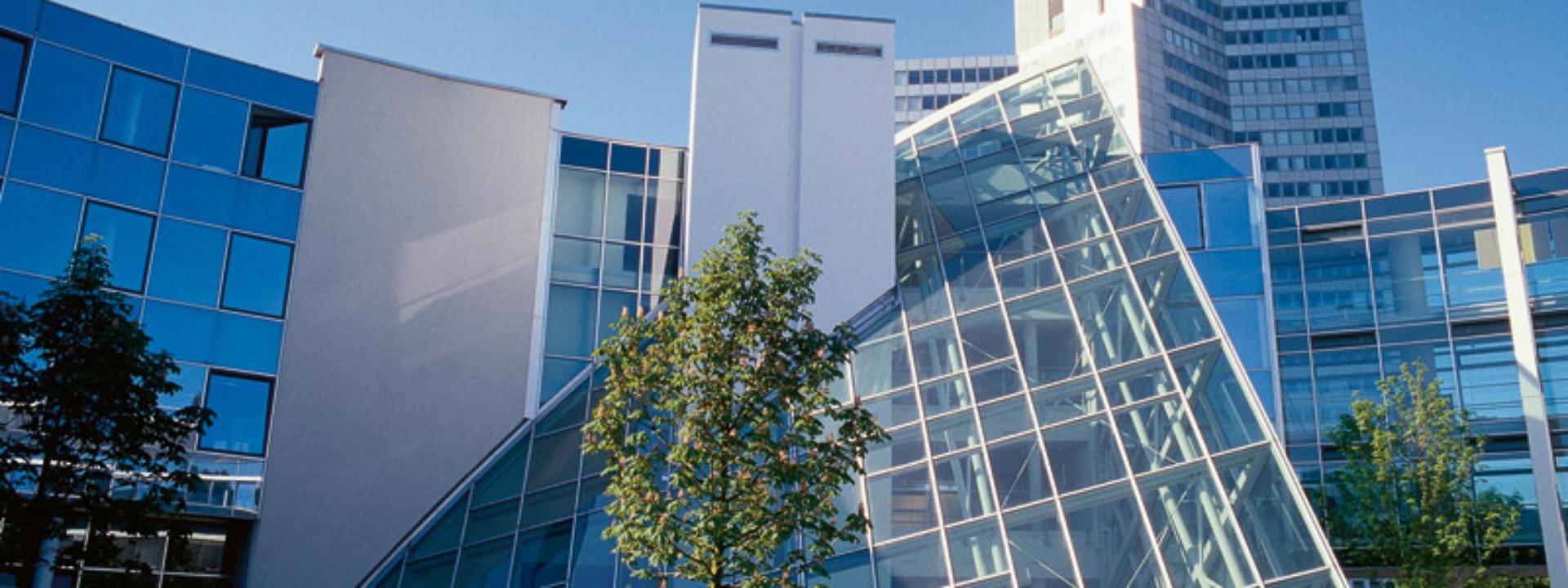Training initiative in Myanmar
In August 2013, the TÜV Rheinland Foundation's first own project “Lean Manufacturing and CSR in the Textile Sector in Myanmar” was realized.
Background
The main purpose of the project in the textile sector of Myanmar was to adapt the slowly regenerating garment industry in Myanmar to current requirements of the global market and, in doing so, to improve the working conditions of textile workers in accordance with the requirements of the International Labor Organization (ILO). Just how important this project is for the competitiveness of the textile industry is illustrated by a brief excursion into Myanmar's recent history: Still the most important economic sector in the Southeast Asian country at the beginning of this millennium, trade sanctions against the military regime caused the sector to shrink to a quarter of its original size in just a few years. Myanmar has been a republic again since 2011, old trade routes are open again, and re-entry into the market is possible. However, the demands of international customers for efficiency and sustainability in textile production have changed. Myanmar's garment industry is now facing the major challenge of regaining its lost competitiveness.
Targets
With a jointly developed training program, the TÜV Rheinland Foundation and the Myanmar Garment Manufacturers Association (MGMA) supported selected local companies to optimize their production processes. The idea behind it: More efficient production ensures higher revenues, and these revenues can in turn be used to gradually raise labor and resource protection to a level that is competitive even in the critical eyes of European buyers.
Contents
After an initial meeting between the TÜV Rheinland Foundation, the MGMA and local companies, the program began with briefings in which important topics such as the importance of social responsibility, the expectations of European buyers and certification processes were discussed. Last but not least, the core of the project - the need for action regarding prevailing labor and social standards and process optimization - was addressed and discussed.
After audits of 8 production sites, two representative companies were selected for which a detailed action plan was prepared. The plan initially provided for on-the-job training on the topics of "productivity and quality" and "labor and social standards" before the 2-month implementation phase began in the companies, which was accompanied by regular assessments and concluded with a final audit of the performance and results achieved.
At the final workshop in December 2013, the two selected production sites acted as multipliers of the content learned by sharing the experience gained and successes achieved with the other 6 companies.
Results
After just a few months, noticeable progress was already evident at the participating companies. Although the project has been concluded by the TÜV Rheinland Foundation, to ensure that the successes achieved do not remain an isolated case, the MGMA, as a knowledge hub, will disseminate the knowledge gained among its members.
Help from Haiti to Japan
In cooperation with TÜV Rheinland AG, the TÜV Rheinland Foundation supports various projects in the fields of safety and energy technology, transport and environmental protection, development cooperation and the improvement of education and training.
In recent years, for example, the TÜV Rheinland Foundation has been able to support several projects with the help of donations from TÜV Rheinland AG. When selecting and implementing projects, the foundation relies on the help of competent partner organizations such as CARE, Help e.V. or Ingenieure ohne Grenzen e.V.. In doing so, emphasis is placed on the principle of helping people to help themselves: People in emergency situations should be empowered to improve their own situation and contribute to the solution of a problem. It is particularly important that the help provided not only has a short-term effect but also improves the situation of the local population in the long term.
For example, the construction of a cistern has enabled a girls' school in Tanzania to improve its supply of drinking water. In Rwanda, the financing of a bridge-building seminar enabled the population to provide itself with a better infrastructure and thus easier access to food, schools and medical care. And in Pakistan, Mozambique, Niger and Chad, the judicious use of donations by local partner organizations also helped improve the living conditions of the respective populations.
The TÜV Rheinland Foundation is also involved in disaster relief at home and abroad. With the help of donations from TÜV Rheinland employees and the doubling of the amount collected by the Executive Board, it was possible to support many people in exceptional situations - for example, after the earthquake in Haiti in 2010, after the tsunami in Japan in 2011, and after the floods in Germany in 2013.
By making a donation to the foundation's capital, you can make an important contribution to the implementation and promotion of sustainable projects.
Please do not hesitate to contact us. We will also be happy to answer any other questions you may have.
Contact:
Stefanie Nett
T. +49-221-806 4790
Mail:
stefanie.nett@de.tuv.com

